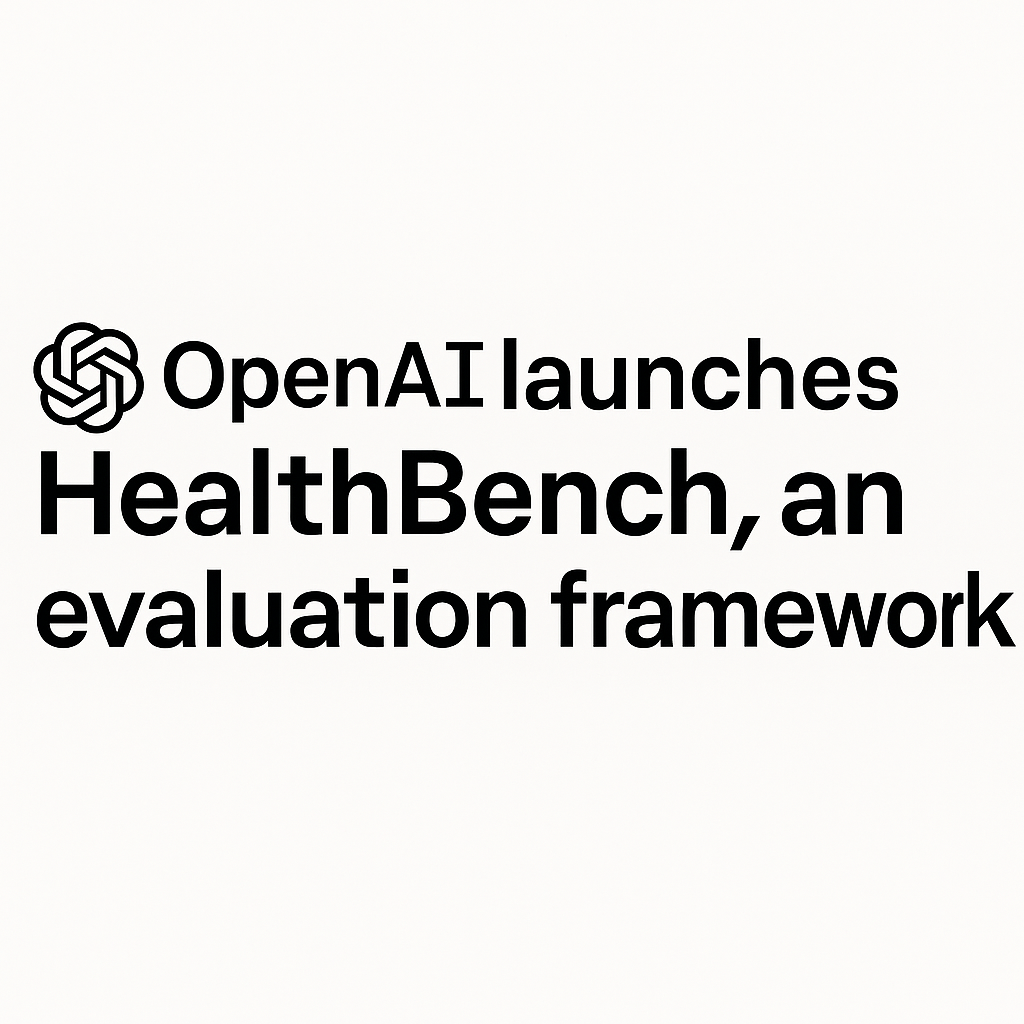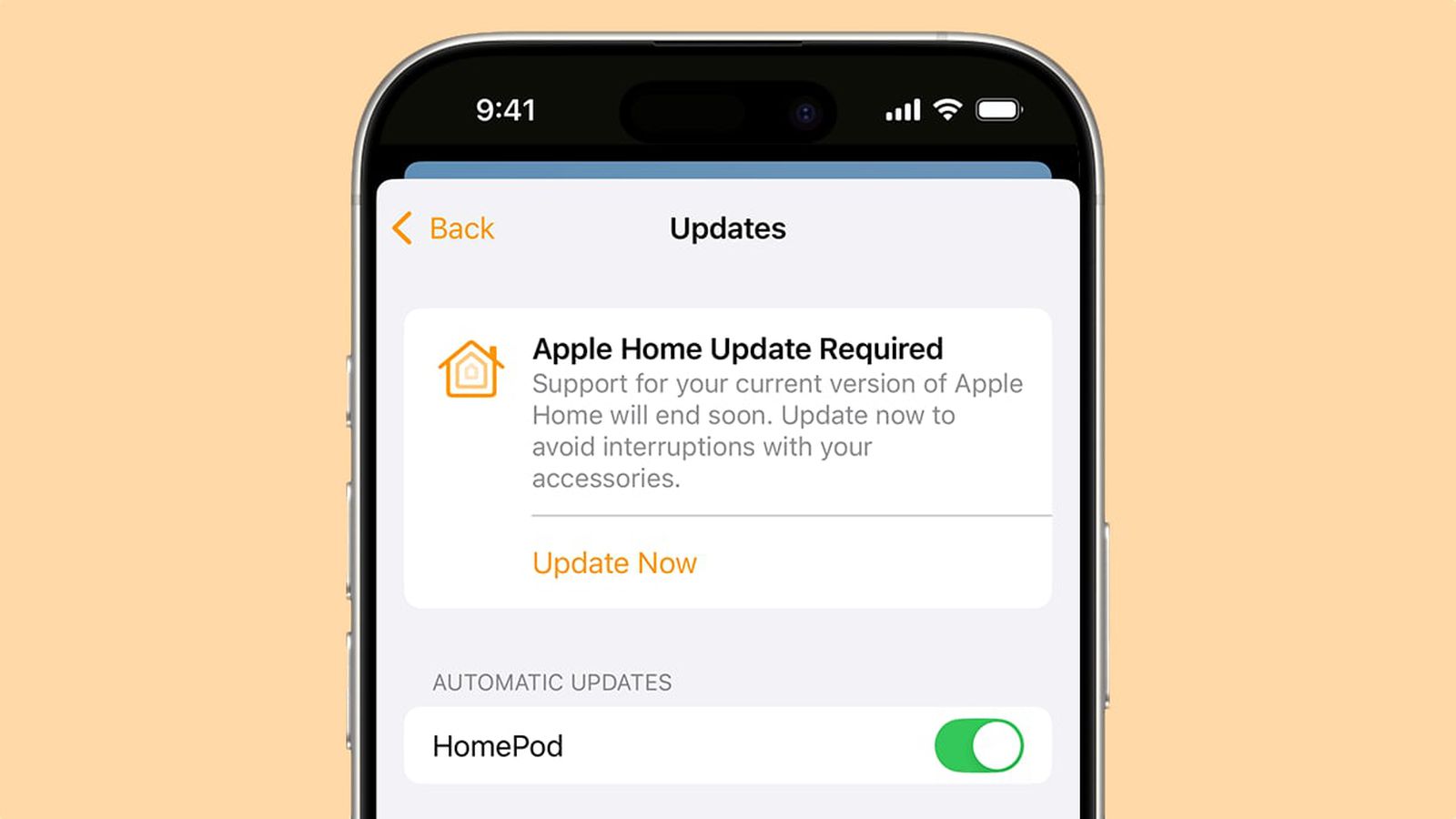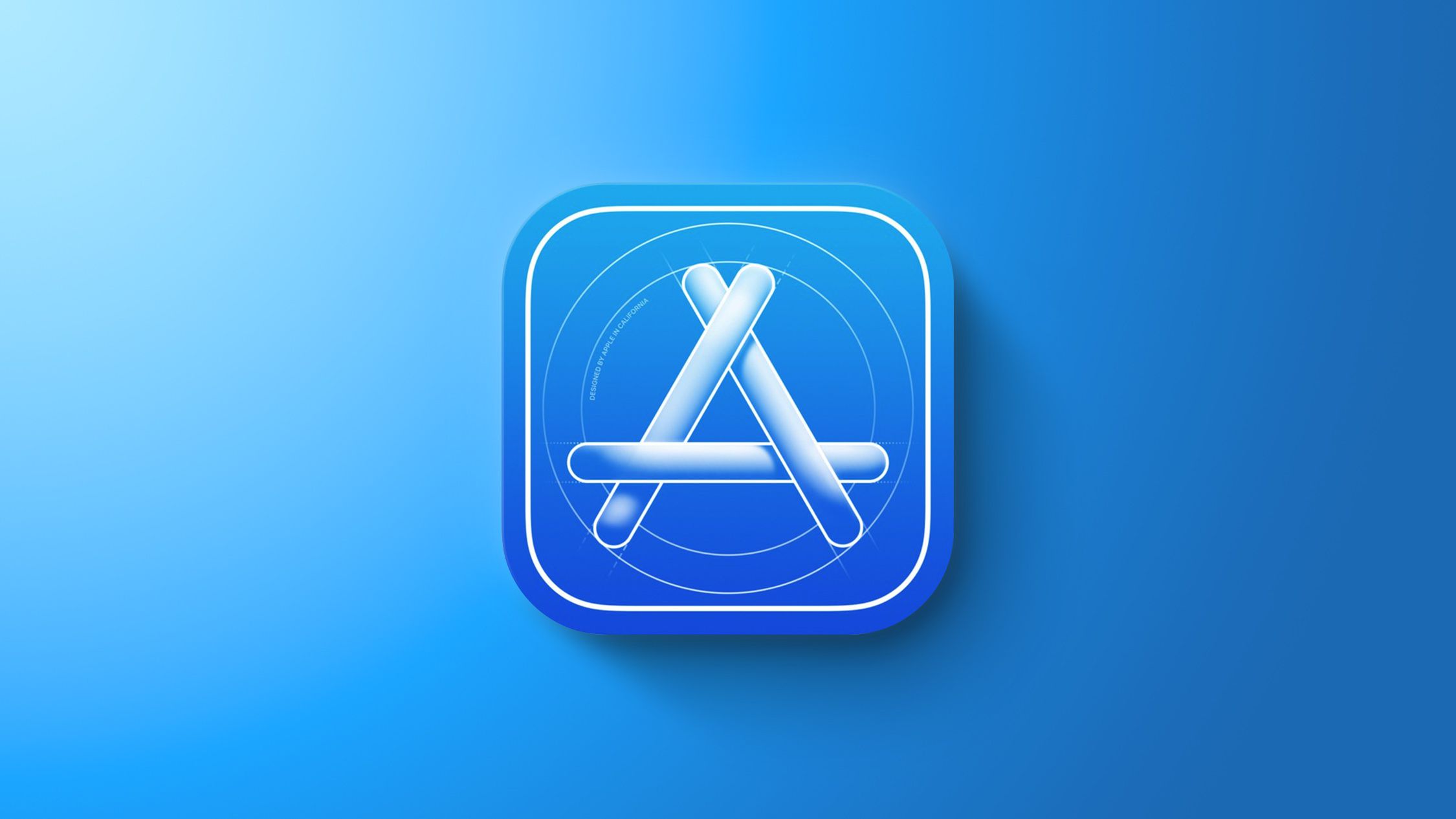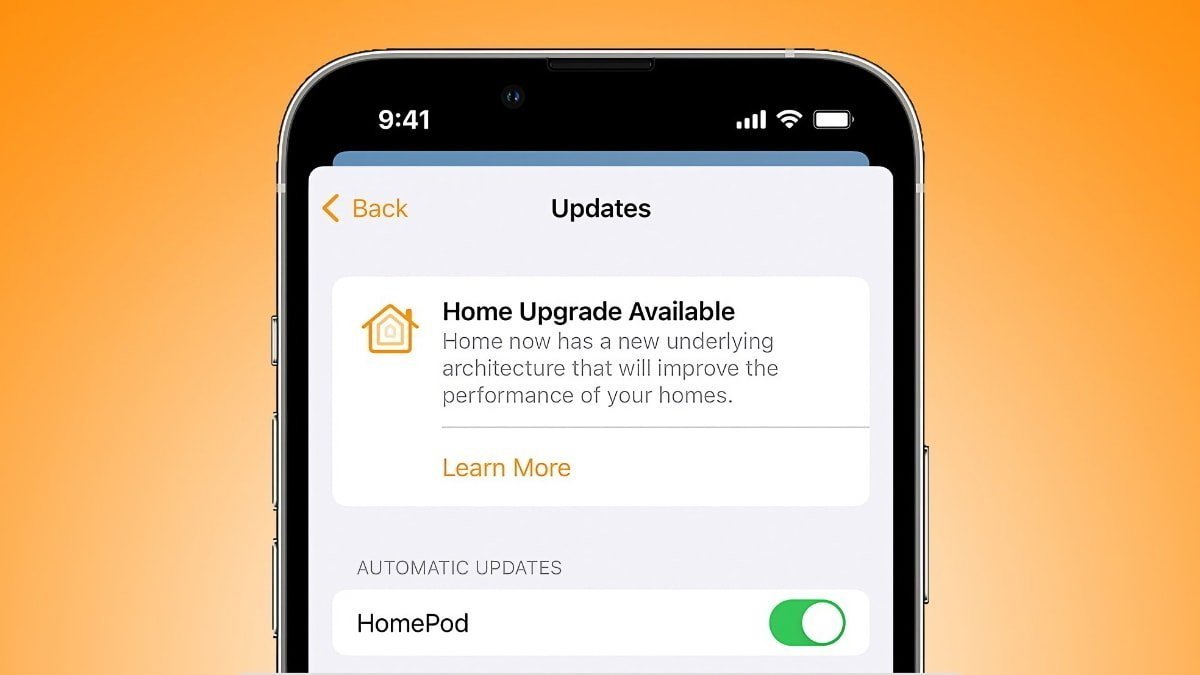OpenAI Releases HealthBench: An Open-Source Benchmark for Measuring the Performance and Safety of Large Language Models in Healthcare
OpenAI has released HealthBench, an open-source evaluation framework designed to measure the performance and safety of large language models (LLMs) in realistic healthcare scenarios. Developed in collaboration with 262 physicians across 60 countries and 26 medical specialties, HealthBench addresses the limitations of existing benchmarks by focusing on real-world applicability, expert validation, and diagnostic coverage. Addressing […] The post OpenAI Releases HealthBench: An Open-Source Benchmark for Measuring the Performance and Safety of Large Language Models in Healthcare appeared first on MarkTechPost.

OpenAI has released HealthBench, an open-source evaluation framework designed to measure the performance and safety of large language models (LLMs) in realistic healthcare scenarios. Developed in collaboration with 262 physicians across 60 countries and 26 medical specialties, HealthBench addresses the limitations of existing benchmarks by focusing on real-world applicability, expert validation, and diagnostic coverage.
Addressing Benchmarking Gaps in Healthcare AI
Existing benchmarks for healthcare AI typically rely on narrow, structured formats such as multiple-choice exams. While useful for initial assessments, these formats fail to capture the complexity and nuance of real-world clinical interactions. HealthBench shifts toward a more representative evaluation paradigm, incorporating 5,000 multi-turn conversations between models and either lay users or healthcare professionals. Each conversation ends with a user prompt, and model responses are assessed using example-specific rubrics written by physicians.
Each rubric consists of clearly defined criteria—positive and negative—with associated point values. These criteria capture behavioral attributes such as clinical accuracy, communication clarity, completeness, and instruction adherence. HealthBench evaluates over 48,000 unique criteria, with scoring handled by a model-based grader validated against expert judgment.

Benchmark Structure and Design
HealthBench organizes its evaluation across seven key themes: emergency referrals, global health, health data tasks, context-seeking, expertise-tailored communication, response depth, and responding under uncertainty. Each theme represents a distinct real-world challenge in medical decision-making and user interaction.
In addition to the standard benchmark, OpenAI introduces two variants:
- HealthBench Consensus: A subset emphasizing 34 physician-validated criteria, designed to reflect critical aspects of model behavior such as advising emergency care or seeking additional context.
- HealthBench Hard: A more difficult subset of 1,000 conversations selected for their ability to challenge current frontier models.
These components allow for detailed stratification of model behavior by both conversation type and evaluation axis, offering more granular insights into model capabilities and shortcomings.

Evaluation of Model Performance
OpenAI evaluated several models on HealthBench, including GPT-3.5 Turbo, GPT-4o, GPT-4.1, and the newer o3 model. Results show marked progress: GPT-3.5 achieved 16%, GPT-4o reached 32%, and o3 attained 60% overall. Notably, GPT-4.1 nano, a smaller and cost-effective model, outperformed GPT-4o while reducing inference cost by a factor of 25.
Performance varied by theme and evaluation axis. Emergency referrals and tailored communication were areas of relative strength, while context-seeking and completeness posed greater challenges. A detailed breakdown revealed that completeness was the most correlated with overall score, underscoring its importance in health-related tasks.
OpenAI also compared model outputs with physician-written responses. Unassisted physicians generally produced lower-scoring responses than models, although they could improve model-generated drafts, particularly when working with earlier model versions. These findings suggest a potential role for LLMs as collaborative tools in clinical documentation and decision support.

Reliability and Meta-Evaluation
HealthBench includes mechanisms to assess model consistency. The “worst-at-k” metric quantifies the degradation in performance across multiple runs. While newer models showed improved stability, variability remains an area for ongoing research.
To assess the trustworthiness of its automated grader, OpenAI conducted a meta-evaluation using over 60,000 annotated examples. GPT-4.1, used as the default grader, matched or exceeded the average performance of individual physicians in most themes, suggesting its utility as a consistent evaluator.
Conclusion
HealthBench represents a technically rigorous and scalable framework for assessing AI model performance in complex healthcare contexts. By combining realistic interactions, detailed rubrics, and expert validation, it offers a more nuanced picture of model behavior than existing alternatives. OpenAI has released HealthBench via the simple-evals GitHub repository, providing researchers with tools to benchmark, analyze, and improve models intended for health-related applications.
Check out the Paper, GitHub PagePage and Official Release. All credit for this research goes to the researchers of this project. Also, feel free to follow us on Twitter and don’t forget to join our 90k+ ML SubReddit.
Here’s a brief overview of what we’re building at Marktechpost:
- ML News Community – r/machinelearningnews (92k+ members)
- Newsletter– airesearchinsights.com/(30k+ subscribers)
- miniCON AI Events – minicon.marktechpost.com
- AI Reports & Magazines – magazine.marktechpost.com
- AI Dev & Research News – marktechpost.com (1M+ monthly readers)
- Partner with us
The post OpenAI Releases HealthBench: An Open-Source Benchmark for Measuring the Performance and Safety of Large Language Models in Healthcare appeared first on MarkTechPost.










































































![Samsung's New Galaxy S25 Edge Takes Aim at 'iPhone 17 Air' [Video]](https://www.iclarified.com/images/news/97276/97276/97276-640.jpg)
![Apple to Launch AI-Powered Battery Saver Mode in iOS 19 [Report]](https://www.iclarified.com/images/news/97309/97309/97309-640.jpg)
![Apple Officially Releases macOS Sequoia 15.5 [Download]](https://www.iclarified.com/images/news/97308/97308/97308-640.jpg)
















![Walmart’s $30 Google TV streamer is now in stores and it supports USB-C hubs [Video]](https://i0.wp.com/9to5google.com/wp-content/uploads/sites/4/2025/05/onn-4k-plus-store-reddit.jpg?resize=1200%2C628&quality=82&strip=all&ssl=1)































































































_Piotr_Adamowicz_Alamy.jpg?width=1280&auto=webp&quality=80&disable=upscale#)



















































































































































































































































































![Ditching a Microsoft Job to Enter Startup Purgatory with Lonewolf Engineer Sam Crombie [Podcast #171]](https://cdn.hashnode.com/res/hashnode/image/upload/v1746753508177/0cd57f66-fdb0-4972-b285-1443a7db39fc.png?#)


























-Fallout-Season-2-Teaser-00-00-36.png?width=1920&height=1920&fit=bounds&quality=70&format=jpg&auto=webp#)




































































